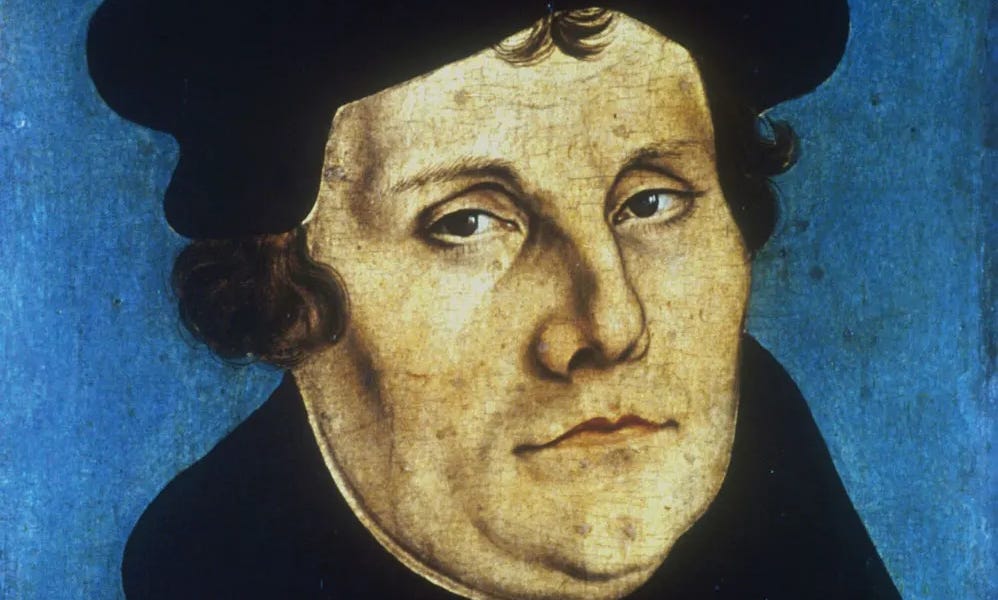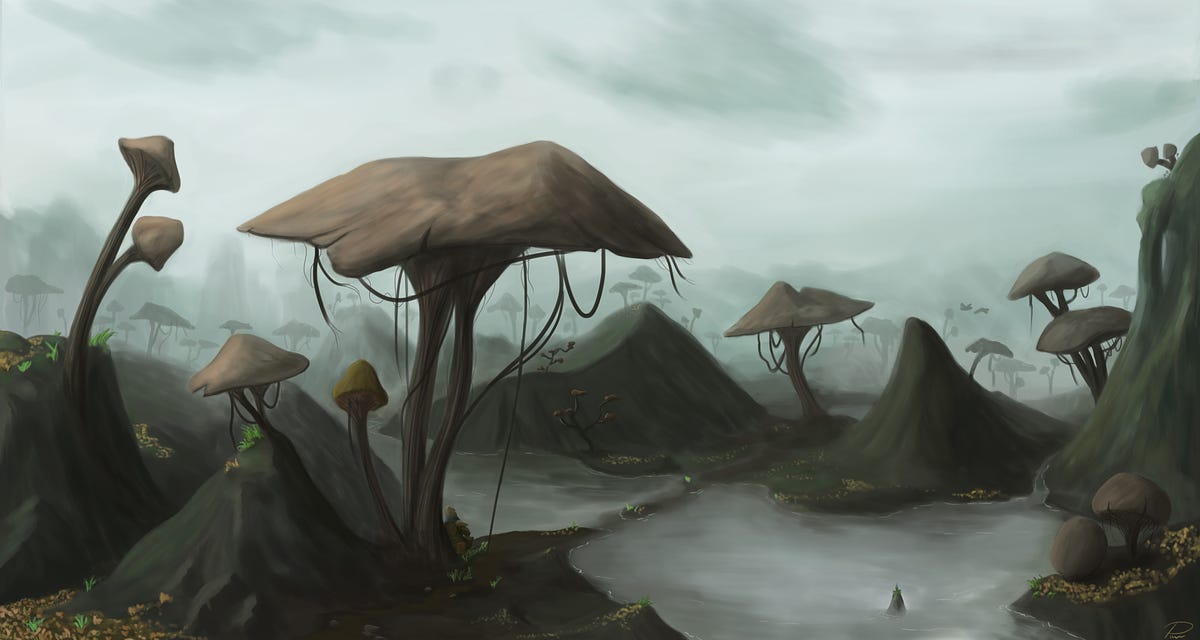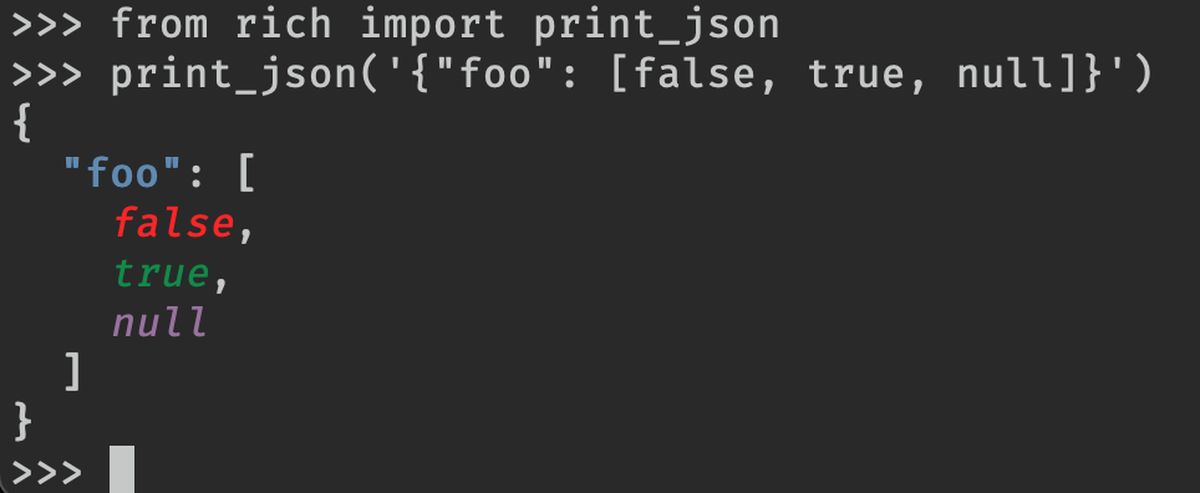
How the World Became Rich
Together with Desiree Desierto, I recently completed a chapter on Institutional Change for the Handbook of New Institutional Economics ( SSRN).
Institutional analysis typically eschews emphasis on individuals. A development like the demise of serfdom in late 14th and early 15th century England did not hinge on the actions or ideas of a single peasant or lord. The Industrial Revolution would have taken place even if we removed a James Watt or Richard Arkwright from history. The underlying premise of institutional analysis is that there are deeper, structural factors that tend to matter more than any one individual.
Neglect of important individuals is not unique to economic history. Among academics, the Great Man Theory of History died a long time ago. Even invoking it risks cliche.
But there do seem to be individuals who have a huge impact on history. Alexander the Great is an obvious example. Had his father Philip lived, he would have invaded the Persian Empire. But all the evidence suggests, that he would have been satisfied with “liberating” the Greek cities of Anatolia. After several battlefield successes, he would likely have accepted a large payment from the Persian emperor to withdraw and enjoy his hegemony over the Greek states. Alexander’s unique personality traits do seem responsible for the extension of a Hellenistic empire all of the way to India.





















